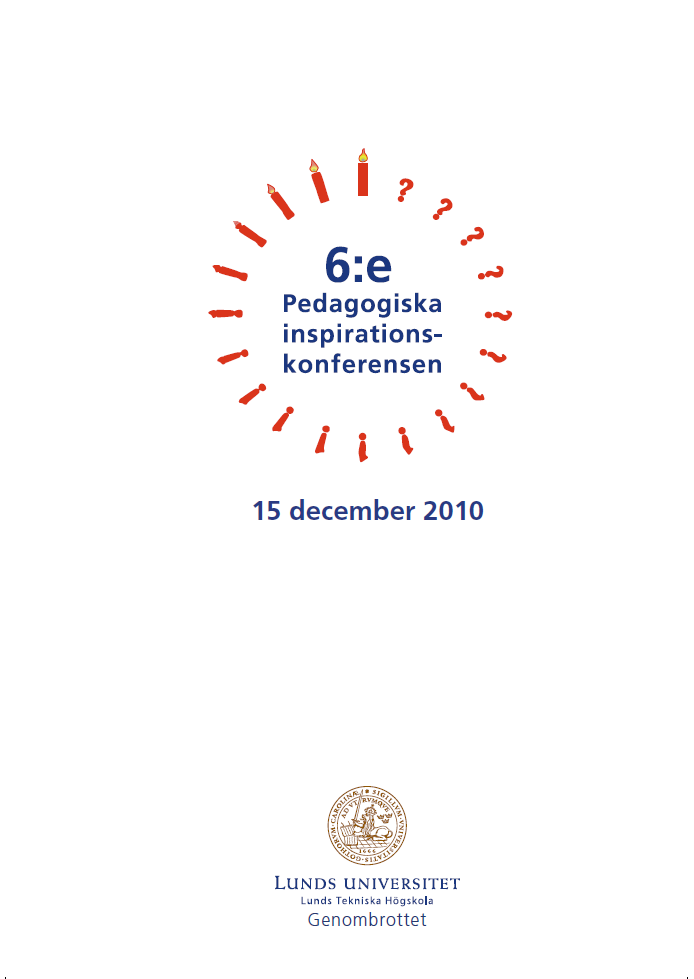Peer-Assisted Learning in Mathematics In Higher Education
Nyckelord:
Peer-Assisted Learning, Peer-Tutoring, Mathematics, Higher EducationAbstract
This paper explores opportunities for implementing a peer-tutoring system in mathematics in two contrasting settings: a traditional classroom environment with a teacher centred educational process and the higher education environment where a range of student-centred teaching and learning methods has already been introduced. After a series of PAL sessions a questionnaire was distributed and in-depth interviews with the peer tutors were conducted. The analysis of the impact of peer-assisted learning (PAL) on the students’ learning experience showed that the majority of students positively evaluated their PAL experience. The students felt that they were more actively engaged with and more in control of the learning process than during a traditional tutorial. This study demonstrated that the size of the groups, timing and the number of PAL sessions are crucial for successful implementation of PAL. The paper concludes with the recommendations for using PAL in a variety of educational settings.
The higher education sector has been experiencing a dramatic change during the past decade: it is rapidly expanding both in the number and diversity of students. Student to staff ratio has enormously increased. The students are coming from different ethnic, social, and cultural backgrounds and have different levels of knowledge. The change in higher education from an “elite” to a “mass” system creates new challenges for educators. At the same time, the main features of the modern knowledge-based society, the society we live in, are the fast pace of technological advancements, interdisciplinary work organisation and globalisation of the work market. Educators in Europe are facing new challenges in preparing young people for their social and professional integration, successful career and personal development.
The appropriate choice of teaching methods which meet the demands of the knowledge-based society, influence the learning process and accommodate the needs of young generation is crucial in achieving these tasks. Implementing student-centred approaches in the educational process creates the learning environment which stimulates students’ learning developing their ability of independent and deep learning.


